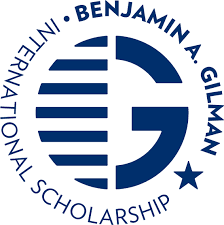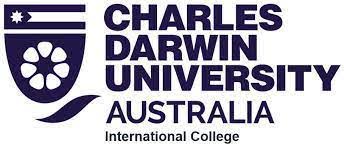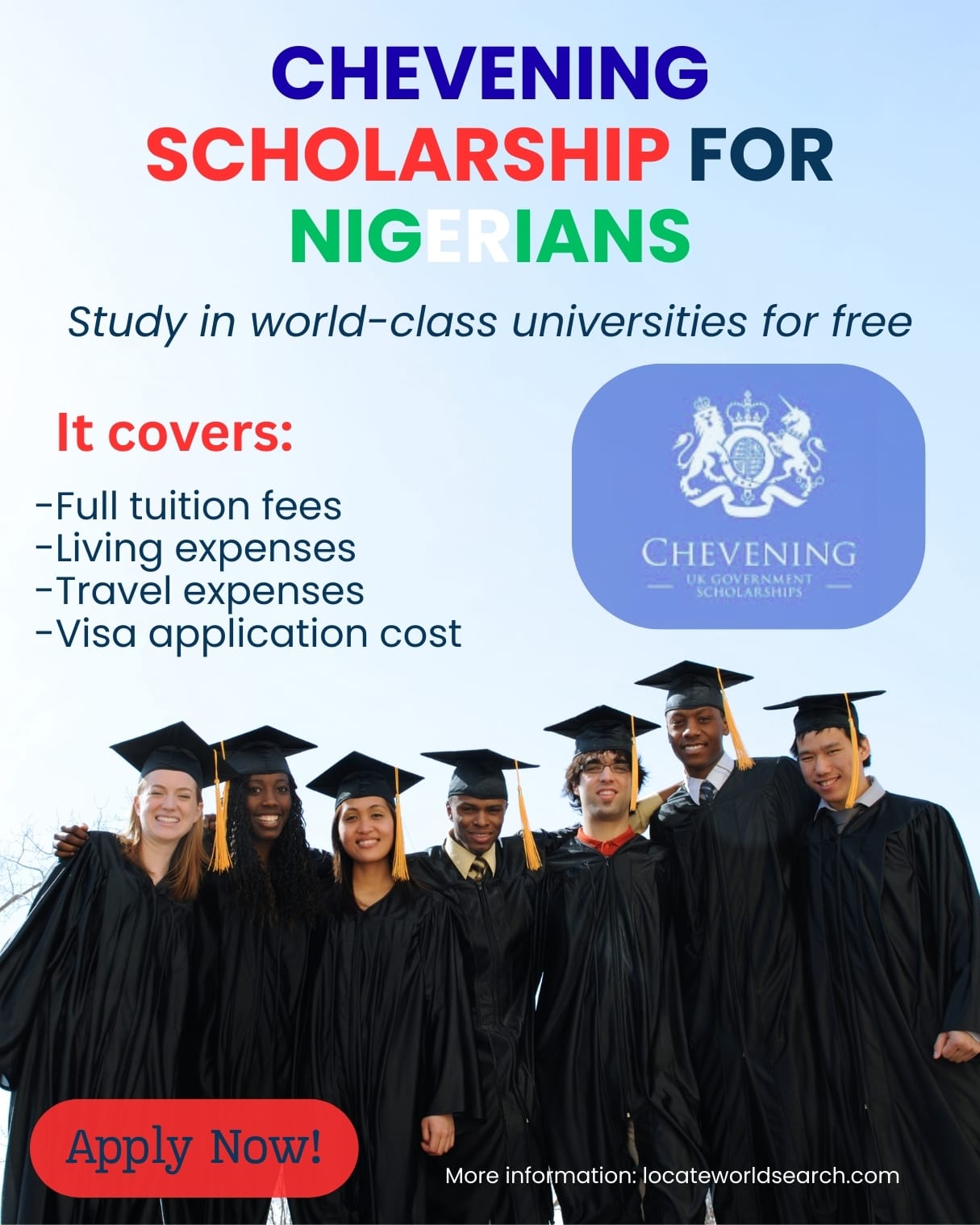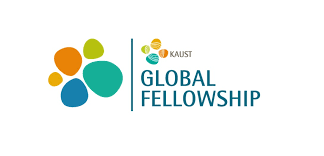Dream of studying abroad but worry about costs? The Benjamin A. Gilman International Scholarship could be your solution. This prestigious U.S. Department of State program awards up to $5,000 (and up to $8,000 for critical language study) to American undergraduates with financial need. Let’s break down exactly how to win this life-changing award.
What Is the Gilman Scholarship?
The Gilman Scholarship empowers U.S. undergraduate students who receive Federal Pell Grants to study or intern abroad. Since 2001, it has helped over 44,000 students gain international experience, focusing on those traditionally underrepresented in study abroad.
Key Benefits & Funding
-
Base Award: Up to $5,000 for program costs
-
Critical Need Language Supplement: An extra $3,000 for studying languages like Arabic, Mandarin, or Russian
-
Additional Perks:
-
Non-Competitive Eligibility for Federal Jobs
-
Access to a global alumni network
-
Professional development resources
-
Eligibility Requirements
You must:
-
Be a U.S. citizen
-
Be an undergraduate in good standing
-
Receive a Federal Pell Grant
-
Be accepted into a credit-bearing study abroad/internship program
-
Study in a country with a U.S. Travel Advisory Level 1 or 2
Application Deadlines
-
March Deadline: For programs starting April–April
-
October Deadline: For programs starting in December–October
Check the official Gilman website for exact dates each cycle.
5 Tips for a Winning Application
-
Start Early – Allow months for essay drafting and advisor coordination
-
Tell Your Story – Connect your background, goals, and chosen program
-
Detail Your Follow-On Project – Show how you’ll promote study abroad after returning
-
Explain Financial Need – Briefly humanize your Pell Grant status
-
Proofread Thoroughly – Errors undermine credibility
Frequently Asked Questions
Can I use the funds for any expense?
Yes—tuition, airfare, housing, meals, visas, and even immunizations.
Do I need program acceptance before applying?
No, but you must have a specific program in mind and gain acceptance before funds are disbursed.
Is there a GPA minimum?
No, but you must be in good academic standing.
Can I reapply if not selected?
Yes! Many winners succeed on their second try.
Why This Scholarship Matters
Beyond funding, the Gilman Scholarship opens doors to global networks, enhances your resume, and provides transformative cultural immersion. For Pell Grant recipients, it’s often the only way to access international education.
Ready to apply?
Visit the official Gilman Scholarship website for current deadlines and application details. Start your essays today—your study abroad adventure awaits!
Note: Always verify details on the official Gilman Program website, as policies may update.






